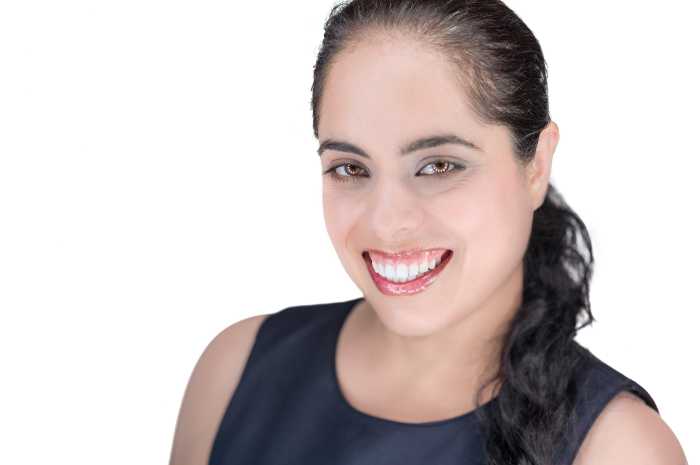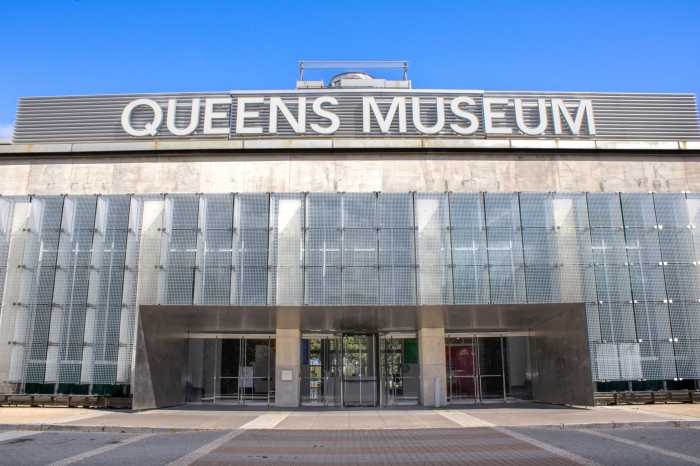Sapreet K. Saluja is the executive director of New York Cares, NYC’s leading volunteer management organization. Sapreet leads the vision and strategy behind mobilizing 40,000 volunteers on programs that address pressing community needs at 450 nonprofits and schools. Before New York Cares, Sapreet held senior management roles at Girl Scouts of the USA, The Sikh Coalition, and Teach for America. She received her B.S. in marketing and international business from the Leonard N. Stern School of Business at NYU and is a member of the Board of Directors at the Desmond Tutu Peace Foundation.
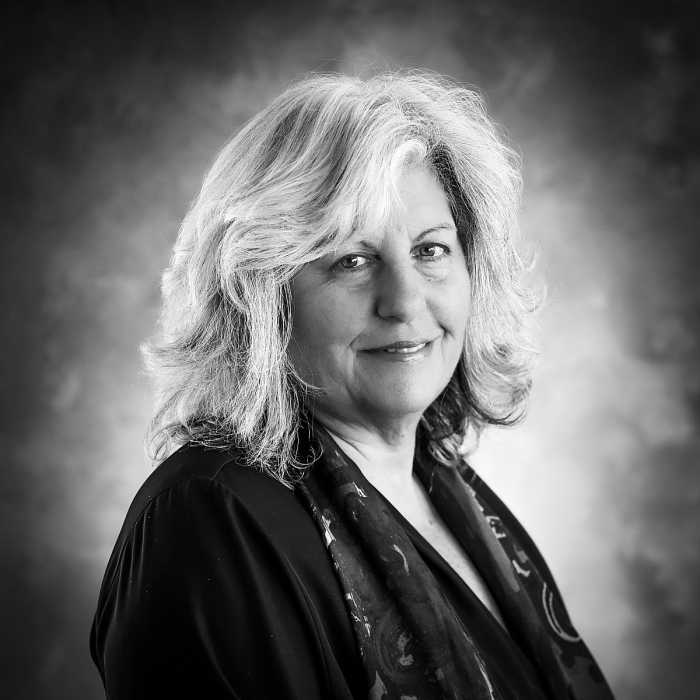
Lisa Schreibersdorf
Executive Director, Brooklyn Defender Services

Lisa Schreibersdorf is the founder and executive director of Brooklyn Defender Services. She has been a public defender for 40 years. Lisa oversees all of BDS’ work and has led its growth into a full-service legal provider. She is involved in the legal community and has served in many bar associations, including as past-president of the Chief Defenders Association of New York, NYS Association of Criminal Defense Lawyers and the Brooklyn Women’s Bar Association.
What is your favorite thing about working in the nonprofit sector?
I am most proud of the defender office we built in Brooklyn that has grown to meet the needs of people targeted by the criminal, family, and immigration legal systems. Throughout my career, I have fought for policy change, working alongside stakeholders to address racial inequities, advocate for reforms to bail, discovery, and sentencing laws, and develop innovative public defense solutions to reduce the harms of a harsh and unfair legal system.
How can policymakers support your organization?
In the coming year, we invite policymakers to join us in calling for reforms of the criminal, family, and immigration legal systems to reduce the harm caused by harsh sentencing laws and family separation. We are also advocating for funding for public defense and to ensure that the funds created for the state’s legal services and public defense system are allocated for their intended critical services.
What was your organization’s biggest accomplishment in 2024?
Our greatest accomplishment continues to be our commitment to providing zealous representation to our clients while also ensuring they have the support and access to services needed to reduce the harm and collateral damage of system involvement. This year, we are proud of expanding our work in the community, providing legal information and know-your-rights campaigns at community events, in public spaces, and in our community office in East New York.
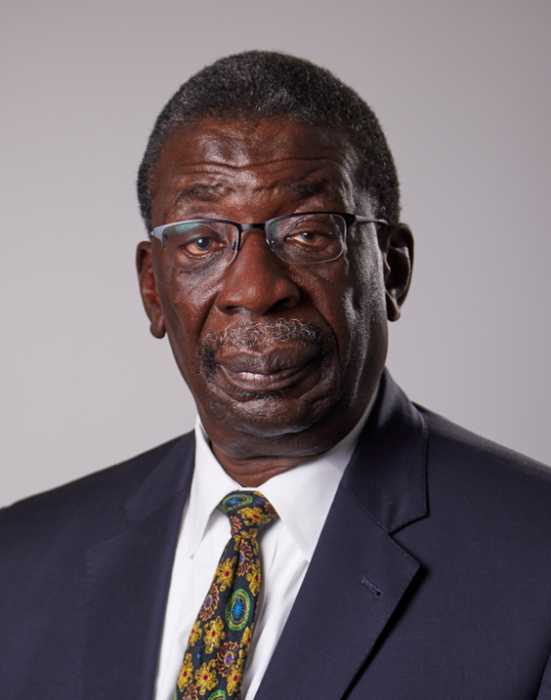
Frederick Shack
CEO, Urban Pathways

Frederick Shack serves as CEO of Urban Pathways, one of NYC’s leading providers of services to adults experiencing homelessness or housing insecurity. He began his tenure with Urban Pathways as executive director in 2005 after spending 14 years with HELP USA. Under Fred’s leadership, Urban Pathways has nearly tripled in size, adding more than 800 units of affordable and supportive housing, including the construction of nine buildings located throughout Manhattan, Brooklyn, Queens and the Bronx.
What is your favorite thing about working in the nonprofit sector?
My favorite thing about working in the nonprofit sector is collaborating with talented, passionate people who are dedicated to making a difference.
How can policymakers support your organization?
Policymakers can support our work by investing in our workforce, ensuring that nonprofit human services workers in roles supported by government contracts receive pay equity with government employees doing similar work. Human services workers deserve a fair wage, and our communities deserve fully funded programs.
What was your organization’s biggest accomplishment in 2024?
I’m proudest of Urban Pathways’ pivotal role in securing a $1.7 billion investment in the human service workforce, which will enhance the lives of many doing this vitally important work. Better pay for human services workers means increased retention and better quality of care for the people we serve.
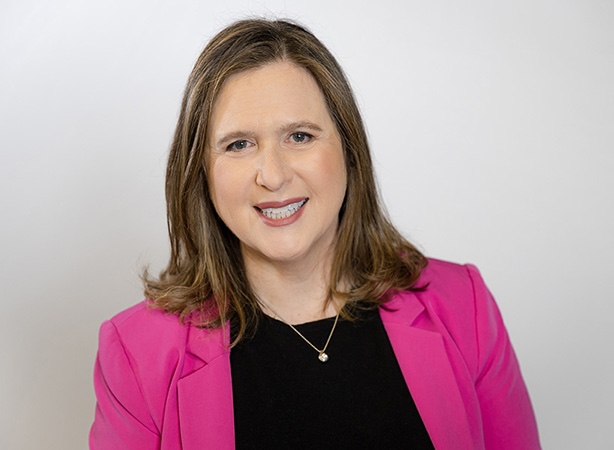
Beth Shapiro
CEO, Citymeals on Wheels

Beth Shapiro has led Citymeals on Wheels since 2011, serving as CEO since 2023. Under her leadership, Citymeals has increased the number of meals delivered by 20% to 2 million annually and doubled public donations and institutional support. Beth spearheaded Citymeals’ first capital campaign, raising more than $23 million and expanding the organization’s capacity with the opening of the Joan & Bob Tisch Emergency Meal Distribution Center.
What is your favorite thing about working in the nonprofit sector?
The best part of this job is going on meal deliveries and talking to meal recipients. It’s humbling to meet our older neighbors who helped build this city but now are often food insecure and socially isolated. Ensuring they have a nutritious meal is critical. Being able to go home every day, no matter the challenges I experienced at work, knowing that we made a difference in the lives of older people is deeply fulfilling.
How can policymakers support your organization?
Hunger is a solvable problem, one with a concrete solution – more food. The City’s programs don’t go far enough to address food insecurity among older New Yorkers. 60% of older adults receiving home-delivered meals have experienced food insecurity in the last year, according to Citymeals’ recent research. We must fund, expand, and modernize existing food programs for older adults and address this elder hunger crisis.
What was your organization’s biggest accomplishment in 2024?
Citymeals released Aging without Hunger, its first research report, earlier this year. The findings are helping us to better understand food insecurity and economic pressure on the most vulnerable older New Yorkers. We learned a lot, including that 65% of these older New Yorkers live on less than $15,000 a year. The research led Citymeals to set a bold goal for ourselves, to end elder hunger in New York City by 2040.
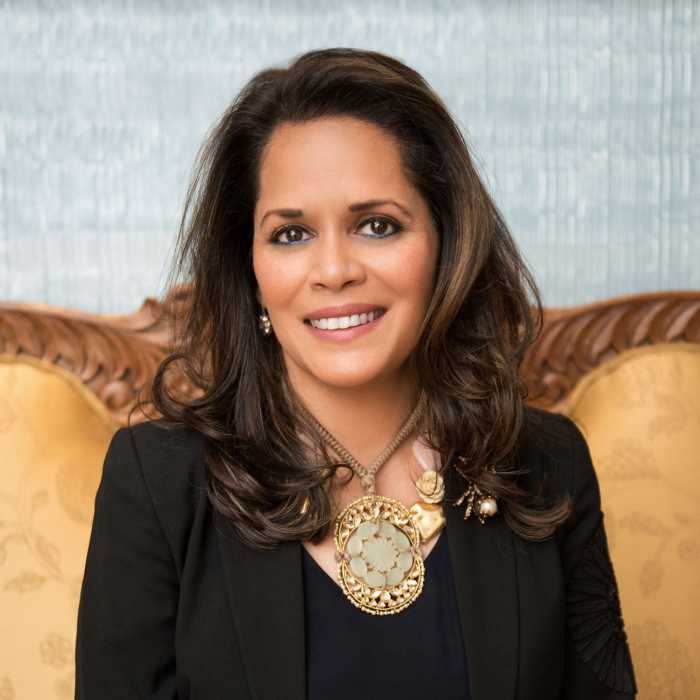
S. Mona Sinha
Global Executive Director, Equality Now

S. Mona Sinha is the global executive director of Equality Now, an international organization focused on driving legal and systemic change to end violence and discrimination against women and girls, and which has successfully influenced over 85 legal reforms globally. For 25 years, Mona has leveraged her corporate experience to launch, lead, or advise over 90 mission-aligned organizations to create a gender-equal world. Her work has been celebrated in many corners of the world.
What is your favorite thing about working in the nonprofit sector?
The changemakers and champions in the nonprofit sector fuel me, their dedication to achieving a mission is extremely motivating. The challenges are real, solutions can feel unreachable and yet we persevere for justice. Knowing my work can inspire others to move beyond individual gain and strive for the common good is what drives me. The sacrifices are real but so are the supportive communities we create together, bringing everyone into the fold.
How can policymakers support your organization?
Bringing a gender lens to policy is critical for women around the world to thrive. Discriminatory policies that exacerbate violence leave women behind and prevent their full participation and agency. Policymakers are essential to implementing Equality Now’s work and they must center women in legal change. If we had gender parity, global GDP would grow by $28 trillion. The world would be more peaceful, collaborative, and just, allowing for true legal and lived equality.
What was your organization’s biggest accomplishment in 2024?
Equality Now’s mission is to ensure that laws and policies protect and promote women’s rights and that they are being effectively implemented, with hard-won legal rights safeguarded against rollback. One example this year is when we won against anti-rights actors in The Gambia seeking to overturn a law banning female genital mutilation. Had this anti-FGM law been reversed it would have impacted millions of women and girls in The Gambia, across Africa, and globally.
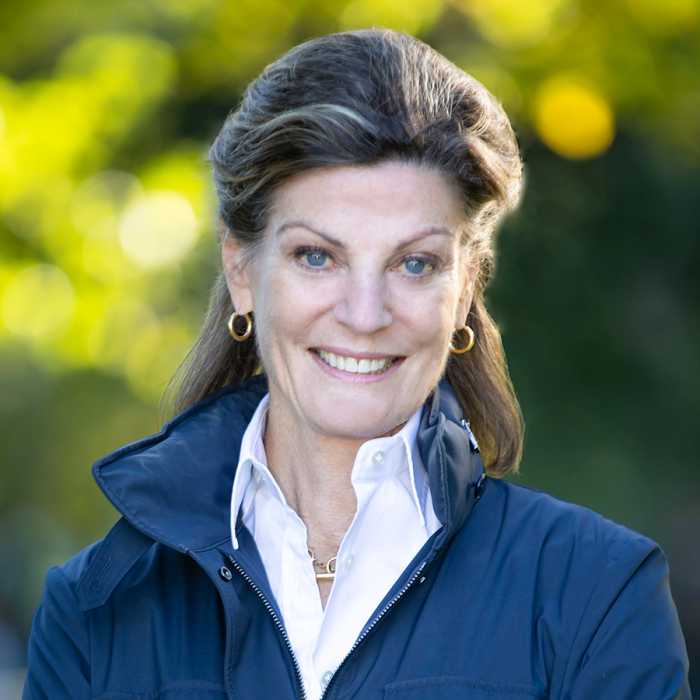
Elizabeth “Betsy” Smith
President and CEO, Central Park Conservancy

Elizabeth Smith has served as president and CEO of the Central Park Conservancy since 2018. With the Conservancy’s 40-year restoration of the Park largely complete, Smith is focused on fostering financial sustainability, operational excellence, and a strengthened relationship with the Conservancy’s City partners – all in service to the Park’s 42 million annual visitors. Previously, she served on the Conservancy’s Board of Trustees and was a former NYC Parks assistant commissioner under Mayor Bloomberg.
What is your favorite thing about working in the nonprofit sector?
The Central Park Conservancy’s success is driven by the emotional connection people have with Central Park. The Park is where people escape their daily stresses and reconnect with nature. It’s where New Yorkers run their first mile, celebrate birthdays, and bring their children to take their first steps. I am honored to lead the nonprofit organization responsible for ensuring this treasured landmark remains safe, beautiful and accessible to all visitors for generations to come.
How can policymakers support your organization?
The Conservancy is rooted in a groundbreaking public-private partnership with the City of New York, which relies on both the City and public advocacy for its ongoing care. In turn, the Conservancy advocates for increased funding for all public parks as essential infrastructure. Parks should receive the reliable municipal funding they need to thrive, ensuring clean, green, and accessible spaces for everyone. A well-supported budget is crucial for the maintenance and longevity of parks.
What was your organization’s biggest accomplishment in 2024?
Over the past year, my team and I have led the Conservancy through a number of initiatives with the goal of improving the Central Park experience, making it more accessible to its millions of visitors, and protecting it for the next century. This includes making significant construction progress on the Davis Center at the Harlem Meer, a complete re-envisioning of the landscape and outdated pool and rink facility in the north end of the Park.
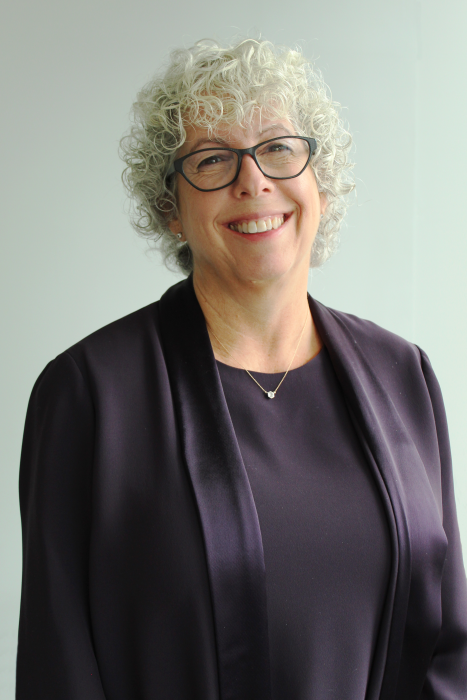
Susan Stamler
Executive Director, United Neighborhood Houses

Susan Stamler is the executive director of United Neighborhood Houses (UNH), a policy and social change organization representing settlement houses – neighborhood-based, multi-generational community centers that offer social services and drive social change. At UNH, Susan oversees strategic direction, fundraising, and growth for the organization including lobbying at the City and State level for policy reforms, funding, and program design; customizing professional development for settlement house staff; and mobilizing settlement houses to engage in civic participation.
What is your favorite thing about working in the nonprofit sector?
Over my career in the nonprofit sector, I have always been proud to know I get paid to make an impact. It’s an honor to work for causes I believe in alongside people who are driven by their organizational and personal missions. At United Neighborhood Houses, I am surrounded by settlement house leaders who advocate tirelessly for a better New York. What a privilege!
How can policymakers support your organization?
Policymakers can support United Neighborhood Houses by enacting policies that are informed by the experiences of settlement houses and their community members, and by allocating funds that pay livable wages for our social services workforce. For more than 100 years, settlement houses have supported their neighborhoods and built bonds to meet the needs of individuals and families. At UNH, we honor that work and make sure to share their knowledge and expertise to educate policymakers.
What was your organization’s biggest accomplishment in 2024?
In 2024, United Neighborhood Houses was able to direct more resources to settlement houses to design and implement programs that are responsive to local community needs. From successfully lobbying for a 60% increase in the Settlement House Program in the New York state budget to passing millions of philanthropic dollars along to our members to enhance their programs, that work makes a meaningful impact in communities.
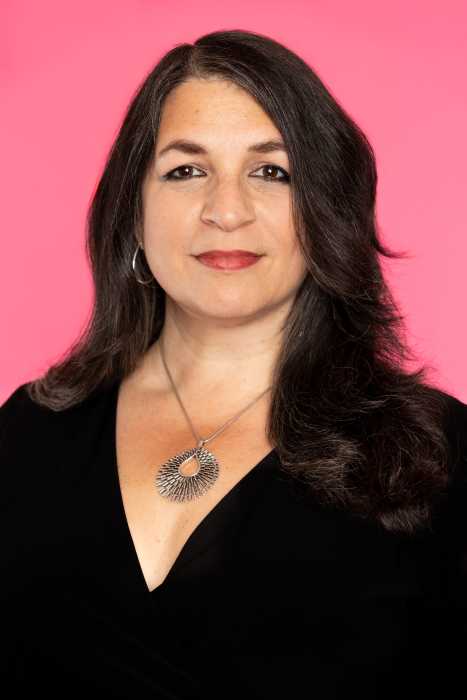
Wendy Stark
President and CEO, Planned Parenthood of Greater New York

Wendy Stark is a life-long advocate for advancing access to sexual and reproductive health care and education that affirms and respects the right to bodily autonomy for all. Under Wendy’s leadership, PPGNY has enhanced patient care with the implementation of a streamlined electronic medical record system, launched its first virtual health center, and raised close to $25 million in support of PPGNY’s mission. Prior to assuming leadership at PPGNY, Wendy served as CEO of Callen-Lorde Community Health Center, the global leader in LGBTQ+ health care.
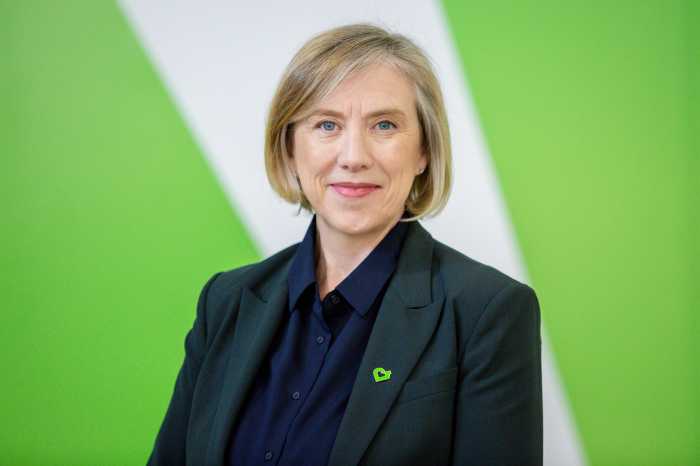
Jilly Stephens
CEO, City Harvest

Since becoming chief executive officer in 2006, Jilly Stephens has overseen City Harvest’s efforts to meet the rising need for emergency food while also launching long-term initiatives to address the systemic health and nutrition needs of low-income communities in New York City. Under Jilly’s leadership, the organization has grown from rescuing and delivering 20 million pounds of food annually in 2006 to more than 80 million pounds in 2024.
What is your favorite thing about working in the nonprofit sector?
I am so grateful to be able to support my neighbors in need by providing them with free, nutritious food. And I feel very fortunate to be able to do it alongside dedicated and skilled colleagues.
How can policymakers support your organization?
Strengthening the Supplemental Nutrition Assistance Program (SNAP) through the Farm Bill and raising the state’s SNAP minimum to $100 would help New Yorkers in need put food on the table. We’d also like to see more funding for Community Food Connection (CFC), a city program that supports food pantries and soup kitchens, and the state’s Hunger Prevention and Nutrition Assistance Program (HPNAP) and Nourish New York, to meet the rising need for food in NYC.
What was your organization’s biggest accomplishment in 2024?
Rescuing about 80 million pounds of high-quality, nutritious food that would otherwise go to waste and delivering it for free to soup kitchens and food pantries throughout New York City, nearly 30% more than we did pre-pandemic, even as our operating costs have increased. As the need for emergency food assistance in New York City rises to historic highs, we are doing everything we can to meet the immense levels we’re seeing.
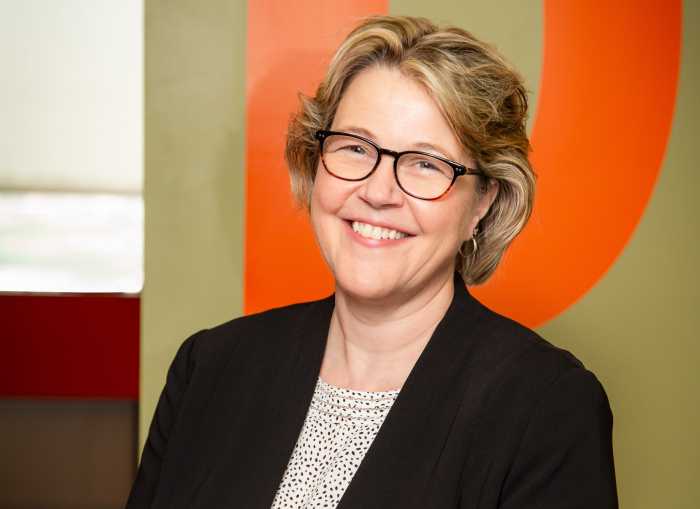
Jodi M. Sturgeon
President and CEO, PHI

Under Jodi M. Sturgeon, PHI has improved care for older adults and people with disabilities by creating quality jobs for direct care workers and partnering with long-term care providers to maximize job quality. Sturgeon, who was also a vice president of the New Hampshire Community Loan Fund, an early community development financial institution, is also the board vice chair of VIP Community Services, a Bronx-based federally qualified health care center.


